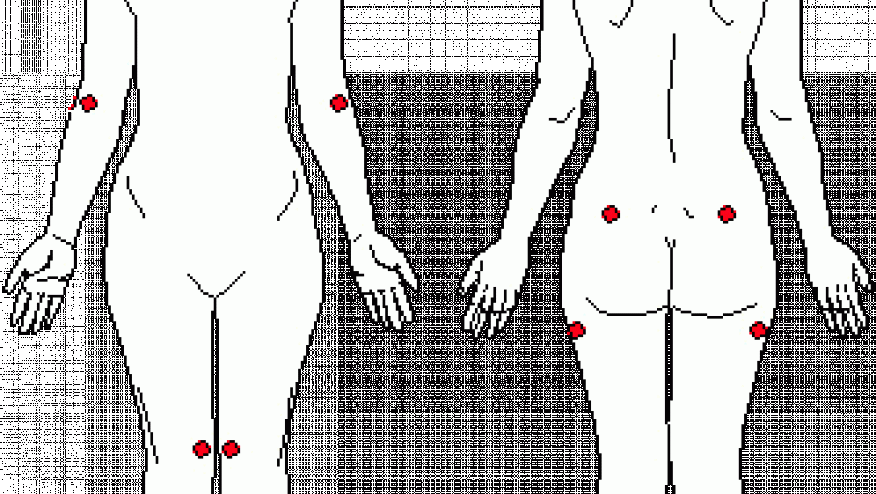EULAR Revised Recommendations for Fibromyalgia Save

The European League Against Rheumatism (EULAR) recommendations for fibromyalgia (FM) management were published in 2007 and largely had recommendations based on expert opinion’. These guidelines were updated in May of 2015 after a systematic reviews and meta-analyses of the data.
The following recommendations are based on 275 full papers and 107 literature reviews.
Compared to the 2007 recommendations, there are no major changes to the approach of managing FM. There are more trials and some new new evidence to support some non-pharmacological therapies. Lastly, these recommendations are now evidence based.
Overarching principles:
- Optimal management requires prompt diagnosis. Full understanding of fibromyalgia requires comprehensive assessment of pain, function and psychosocial context. It should be recognised as a complex and heterogeneous condition where there is abnormal pain processing and other secondary features.
- In general, the management of FM should take the form of a graduated approach.
- Management of fibromyalgia should aim at improving health-related quality of life balancing benefit and risk of treatment that often requires a multidisciplinary approach with a combination of non-pharmacological and pharmacological treatment modalities tailored according to pain intensity, function, associated features (such as depression), fatigue, sleep disturbance and patient preferences and comorbidities; by shared decision-making with the patient.
- Initial management should focus on non-pharmacological therapies.
Specific recommendations:
Non-pharmacological management (most of these have weak evidence)
- Aerobic and strengthening exercise
- Cognitive behavioral therapies
- Multicomponent therapies
- Defined physical therapies: acupuncture or hydrotherapy
- Meditative movement therapies (qigong, yoga, tai chi) and mindfulness-based stress reduction
Pharmacological management (the size of effect for most treatments is relatively modest)
- Amitriptyline (at low dose)
- Duloxetine or milnacipran
- Tramadol
- Pregabalin
- Cyclobenzaprine
Proposed research needs. The panel identified the following questions that merit further research:
- Which type of exercise is most effective: strength and/or aerobic training?
- Are combined pharmacological and non-pharmacological approaches to management more effective than single-modality management?
- Are there characteristics of patients with fibromyalgia that predict response to specific therapies?
- How should fibromyalgia be managed when it occurs as a comorbidity to inflammatory arthritis?
- What aspects of a healthcare system optimise outcome for patients (who is best for the management of FM patients)?








If you are a health practitioner, you may Login/Register to comment.
Due to the nature of these comment forums, only health practitioners are allowed to comment at this time.